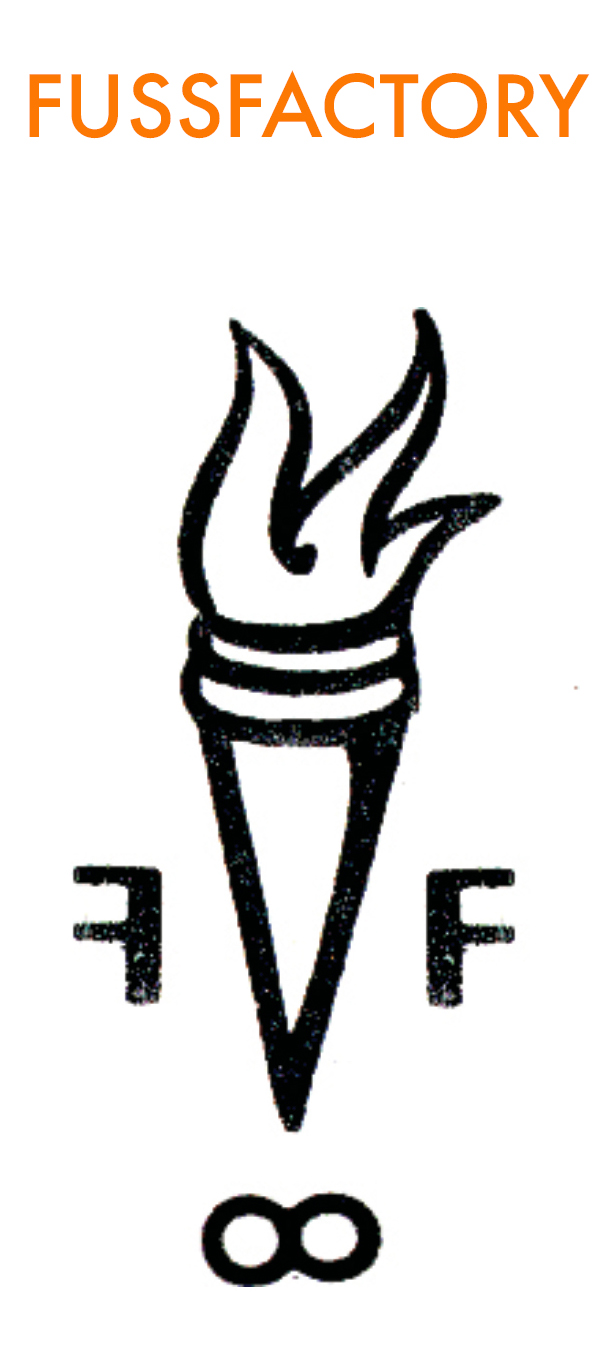#sparkchamber 051021 — Richard Smyth
Smack dab in the middle of spring, two days past World Migratory Bird Day, #sparkchamber connects to fleeting and ephemeral nature with writer, Richard Smyth. From West Yorkshire in northern England, where he lives with his wife, kids, and cat, Richard writes features, reviews, and comment pieces for a wide variety of publications —The Guardian, The Times Literary Supplement, The New Statesman to name a few.
He is the author of five non-fiction books, many about birds. In a captivating and lively account, his 2018 A Sweet Wild Note explores science, music, literature, landscape and the thousand different ways in which birdsong has moved us. His new novel, The Woodcock is due to release in July. He writes novels and short fiction, available at his short fiction site Wild Ink.
And he also creates crossword puzzles — both cryptic and quiz — and is part of the team that sets questions for BBC Mastermind. “It’s no job for a grown-up. I’ve been doing this, somehow, since 2008.”
Somehow, of course meaning putting in the time and effort. “I’ve worked pretty hard to get to a place where I’m allowed to write about what I want to write about — so that’s what I do, mostly.”
1.] Where do ideas come from?
I have no idea, except that they come out of whatever I put in. I’ve previously likened the process to composting. You shovel a lot of different stuff in, then put on the lid and just wait a while. Transformative things happen. When you finally dig out the compost, you see it’s rich, aromatic, and nothing like the stuff you started out with. And you think, where the hell did *this* come from? That’s the creative process for me. As with composting, there’s a lot of trust involved.
2.] What is the itch you are scratching?
To grab it all, hold it all in my hand, make it all anew.
3.] Early bird or night owl? Tortoise or hare?
Deadlines and a mortgage are great motivators! Ever since I stopped living alone, I’ve worked fairly regular hours. I write whatever needs writing, and then when that’s done I write what I like. I work at my desk. No notebooks, no laptops. It sounds more austere than it is. I love doing it. As for getting it out into the world — I try not to push too hard, to be patient, to take my chances when they come along, to do the good work and trust that it will find a way out there. I rely more than I should on serendipity.
4.] How do you know when you are done?
It’s done when I damn well say it’s done. I’m quite a linear writer, start at the start, stop at the end, rewrite only in emergencies, work hard to get things right the first time out. I’m terrible at redrafting. I’m probably on some sort of editors’ blacklist.



